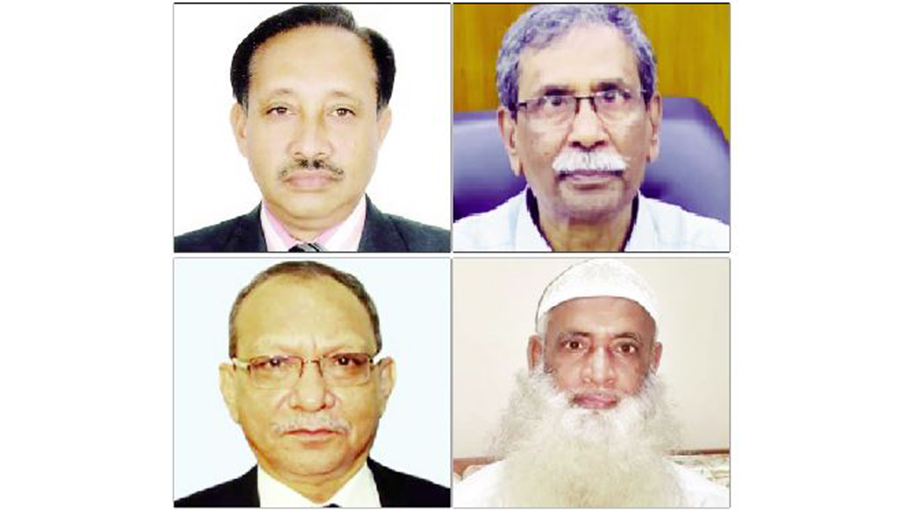Wave of resignations continues among public univ VCs


The Vice-Chancellors of Jahangirnagar University (JU) and Rajshahi University (RU) have both resigned, alongside several key officials, in a series of significant developments.
At Jahangirnagar University, Vice-Chancellor Md. Nurul Alam submitted his resignation to President Mohammed Shahabuddin, the Chancellor of the university, on Wednesday, August 7. In his resignation letter, he stated that he was stepping down for personal and family reasons. Md. Nurul Alam had been in the post since September 13, 2022.
On the same day, JU's contractual registrar, Abu Hasan, also resigned. He had initially submitted his resignation letter to the Vice-Chancellor on August 6, but it was not accepted until after a syndicate meeting on August 7. Abu Hasan also cited personal reasons for his departure.
Meanwhile, at Rajshahi University, Vice-Chancellor Professor Golam Sabbir Sattar resigned on Thursday, August 8, around 3 pm. He confirmed the submission of his resignation letter to the Chancellor, citing personal reasons for his decision. The resignation comes amid pressure from an anti-discrimination student movement that had set a 24-hour deadline for his resignation earlier that day.
In addition to Professor Golam Sabbir, RU’s student advisor, Professor Jahangir Alam Saud, and proctor, Professor Asabul Haque, along with the entire proctorial body, have also resigned. They submitted their resignation letters to the university’s registrar on Thursday afternoon, all citing personal reasons.
Earlier the vice-chancellor of Maulana Bhashani Science and Technology University professor Md Farhad Hossain and five other senior officials resigned from their posts on the night of August 5.
On the other hand, Vice Chancellor Professor Md Shahidur Rashid Bhuiyan, Pro-Vice Chancellor Professor Alok Kumar Paul and Proctor Professor Md Harun-ur-Rashid of Sher-e-Bangla Agricultural University (SAU) have resigned from their respective posts. They submitted their resignation letters on Tuesday night.
The coordinated resignations at both universities have created uncertainty about their future leadership and administration. Both institutions are now navigating significant changes that could impact their ongoing activities and governance.



